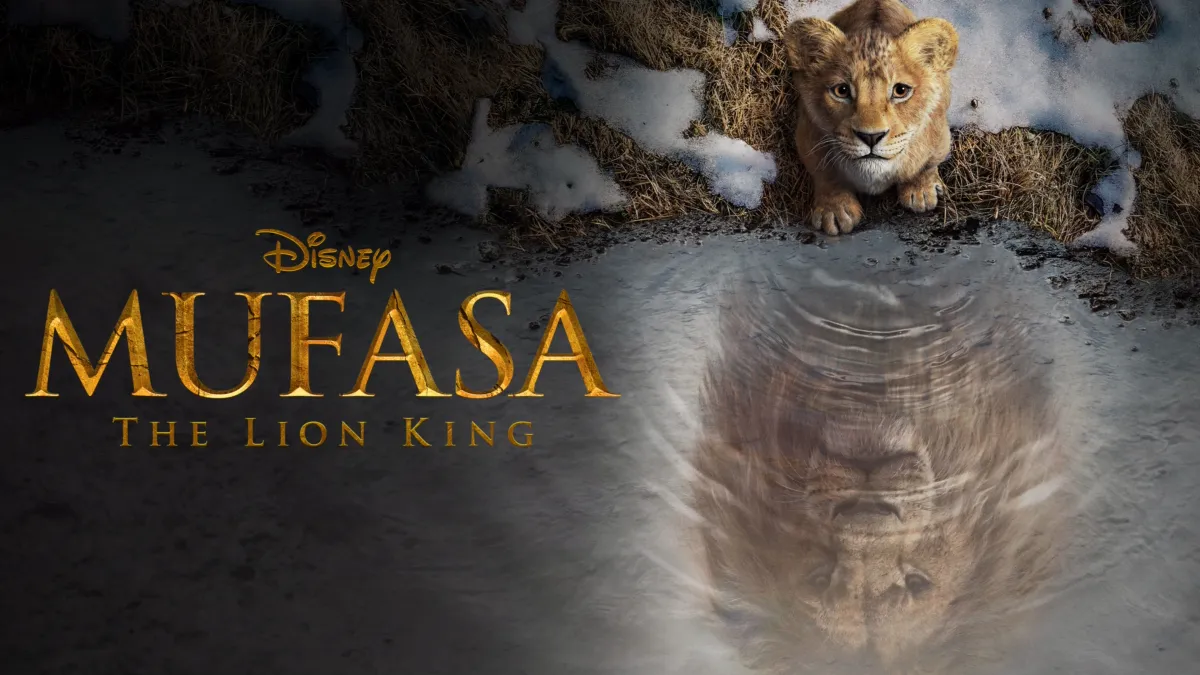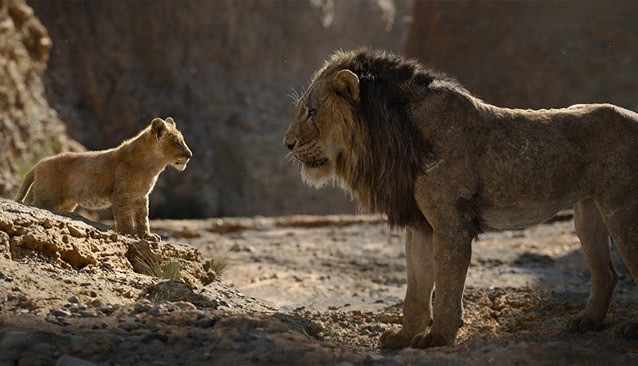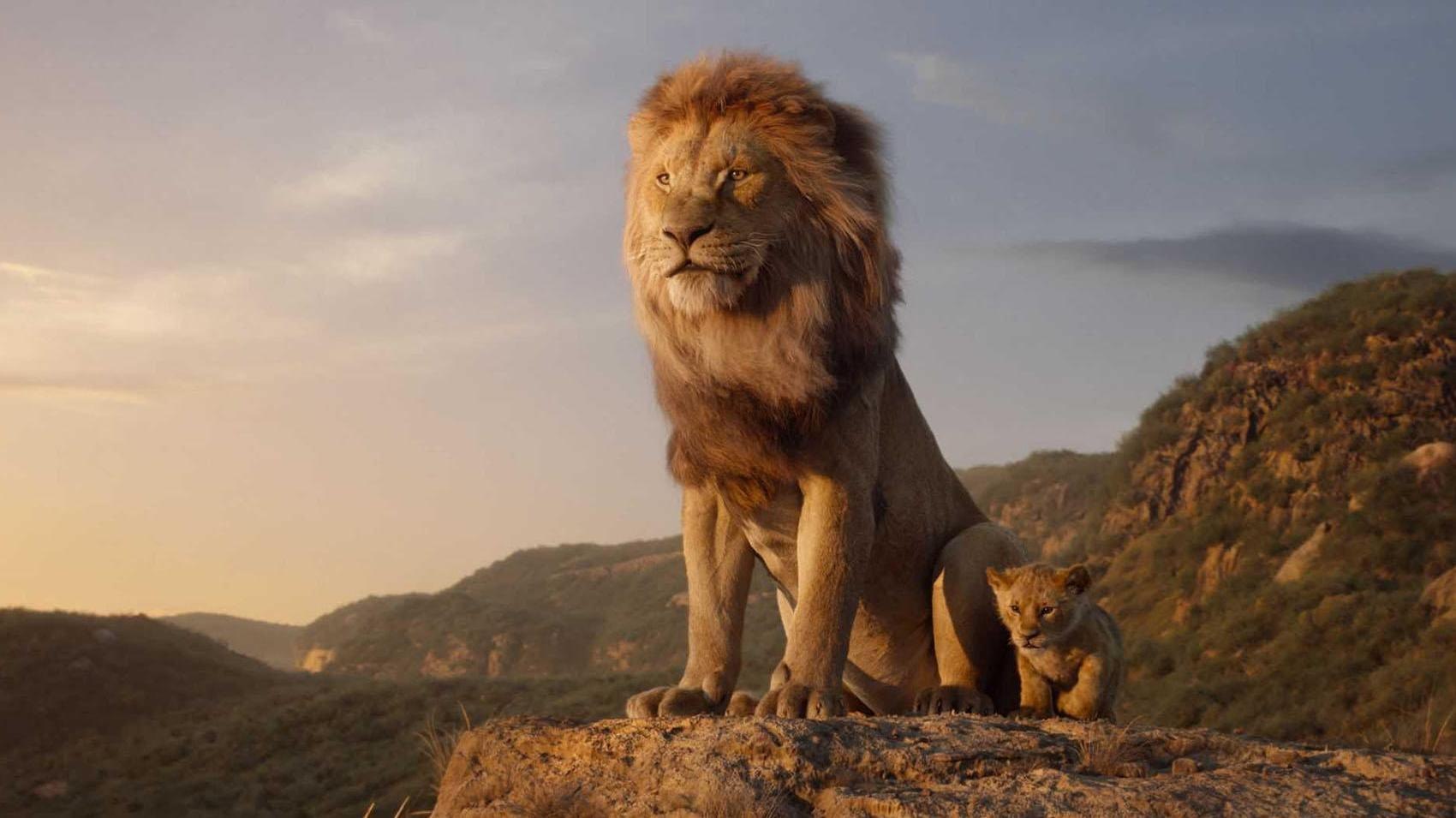The Lion King (2019)

“The Lion King,” released in 2019, is a remarkable film that reimagines the beloved animated classic from 1994. Directed by Jon Favreau, this live-action adaptation utilizes cutting-edge computer-generated imagery (CGI) to bring the African savanna and its inhabitants to life in stunning detail. The film not only pays homage to the original but also introduces new elements that resonate with contemporary audiences, making it a significant addition to Disney’s illustrious repertoire.
At the heart of “The Lion King” is the timeless tale of Simba, a young lion who grapples with the responsibilities of leadership and the legacy of his father, Mufasa. The narrative explores themes of identity, redemption, and the circle of life, encapsulating the essence of what it means to grow up and take one’s place in the world. The film opens with the iconic “Circle of Life” sequence, setting the stage for a story filled with both joy and tragedy.
One of the most striking aspects of the 2019 version is its visual presentation. The filmmakers employed state-of-the-art technology to create hyper-realistic animal characters and breathtaking landscapes. Each frame is meticulously crafted, allowing audiences to immerse themselves in the vibrant world of the Pride Lands. The attention to detail in the animation not only captivates the viewer but also enhances the emotional depth of the story. The CGI animals exhibit expressive movements and facial expressions, which effectively convey their emotions, making them relatable despite their animalistic nature.
Jon Favreau’s direction is instrumental in balancing the film’s nostalgia with fresh interpretations. While the core storyline remains faithful to the original, some scenes are reimagined to enhance character development. For instance, the relationships among characters, especially between Simba and Nala, are given more depth, highlighting themes of friendship and love. Additionally, the film introduces new elements, such as expanded backstories for characters like Zazu and Timon, providing a broader context for their roles in Simba’s journey.

The voice cast in the 2019 adaptation features a stellar lineup, including Donald Glover as Simba and Beyoncé as Nala. Their performances add a modern flair to the film, and their musical contributions, particularly in songs like “Can You Feel the Love Tonight,” bring an emotional resonance that enhances the storytelling. The music, composed by Hans Zimmer and featuring new recordings of classic songs by Elton John and Tim Rice, serves as a powerful narrative device that complements the visual spectacle.

However, while the film has received praise for its animation and performances, some critics have pointed out its emotional depth may not reach the same heights as the original animated film. The realistic portrayal of the animals, while visually stunning, can sometimes come at the expense of the expressive characterizations that made the original so memorable. This has led to mixed reactions regarding the film’s ability to fully capture the emotional nuances of the characters’ journeys.
Despite these critiques, “The Lion King” (2019) stands as a testament to the enduring appeal of its source material. It serves as a bridge between generations, introducing a classic story to new audiences while allowing long-time fans to relive their cherished memories. The film’s exploration of universal themes—loss, redemption, and the importance of community—resonates deeply with viewers of all ages.

In conclusion, “The Lion King” (2019) successfully revitalizes a beloved classic for a modern audience. Through its stunning visuals, talented cast, and timeless themes, it captures the hearts of both new and returning fans. While it may not surpass the emotional impact of the original, it undeniably contributes to the legacy of “The Lion King,” reinforcing the idea that great stories can transcend time and continue to inspire. This adaptation not only honors its predecessor but also enriches the ongoing conversation about storytelling in cinema, proving that the circle of life continues in the world of film.











